A flexible online masters to develop your capacity to lead engineering projects to success
The MSc Engineering with Project Management course is designed for professionals looking to enhance their expertise in both engineering and project management. It equips you with the skills to navigate complex engineering projects, manage teams effectively, and deliver successful outcomes while integrating advanced technological solutions.
You will explore key topics such as engineering principles, engineering impact, and human-centred engineering, with practical applications in project management, engineering management techniques, and leadership and innovation practices. A strong emphasis is placed on technical skills combined with project management strategies, enabling you to develop a deep understanding of commercial business setups, quality management, and professional project leadership.
Overall, this course provides a transformative learning experience, preparing you for leadership roles in project management within the engineering sector, while fostering critical thinking and a comprehensive understanding of how engineering projects shape society and industries.







